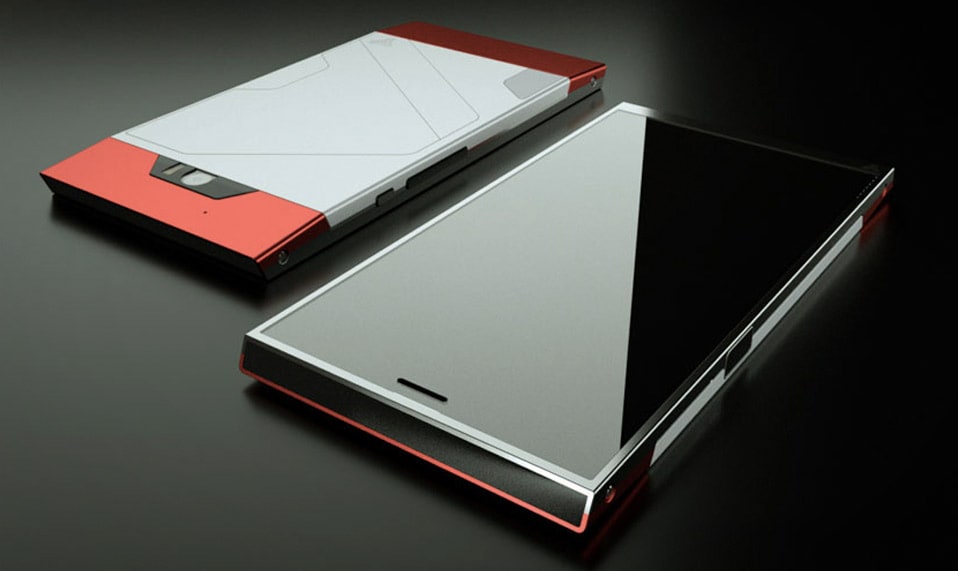Secure Alternatives to the iPhone Aren't Catching On
"Hack-proof" phones may not be the solution we're hoping for.
 Credit:
Turing
Credit:
Turing
Products are chosen independently by our editors. Purchases made through our links may earn us a commission.
Today, Apple CEO Tim Cook wrote a letter to customers explaining why Apple opposes a federal court order requiring the company to produce software that would circumvent the security measures of iOS.
While this software would allow the FBI to access the iPhone of a suspected terrorist, Apple is arguing that this same backdoor would effectively allow someone—anyone, really—to unlock any iPhone they had physical access to.
While phone encryption and security has been a discussion point for privacy advocates for months, it's a landmark moment. After all, when the undisputed smartphone champion (in sales, at least) has called for a national conversation about smartphone security, everyone pays attention.
But Apple is hardly the only company looking to ensure that your phone is as secure as it can be. The problem is that security-first smartphones—such as the "hack-proof" Turing Phone and the Blackphone—remain unproven and require measures that are a tough sell with consumers.
For one thing, both devices utilize end-to-end security that is most effective when both you and the person you're communicating with have the same phone. For a lot of people—even those with a need for secure communication—this is simply a non-starter. And, let's be honest, when was the last time you saw someone with a Blackphone?{{amazon name="Apple iPhone 6s 128 GB (Rose Gold)", asin="B015E8UW3M", align="right"}}
Also, as smaller, unproven companies they are both prone to all the same uncertainty that plagues other startups. For example, two weeks ago Turing announced that its security-centric smartphone wouldn't be shipping with Android after all. Instead, the Turing Phone will run on Sailfish OS—an obscure, Linux-based OS developed by Jolla.
While the phone may be more secure as a result, it's a sudden change that hasn't sat well with many of Turing's customers. The promise of the Turing phone was largely based on the fact that it would be a regular Android device one minute, and a Fort Knox for your personal data the next.
While both of these phones could one day present a suitable alternative should Apple fail in this fight, neither is ever going to be as mainstream as the iPhone. And with our phones capturing so much of our digital lives, the future of private security may rest squarely in Apple's hands.
Related Video
{{brightcove '4611100028001'}}


